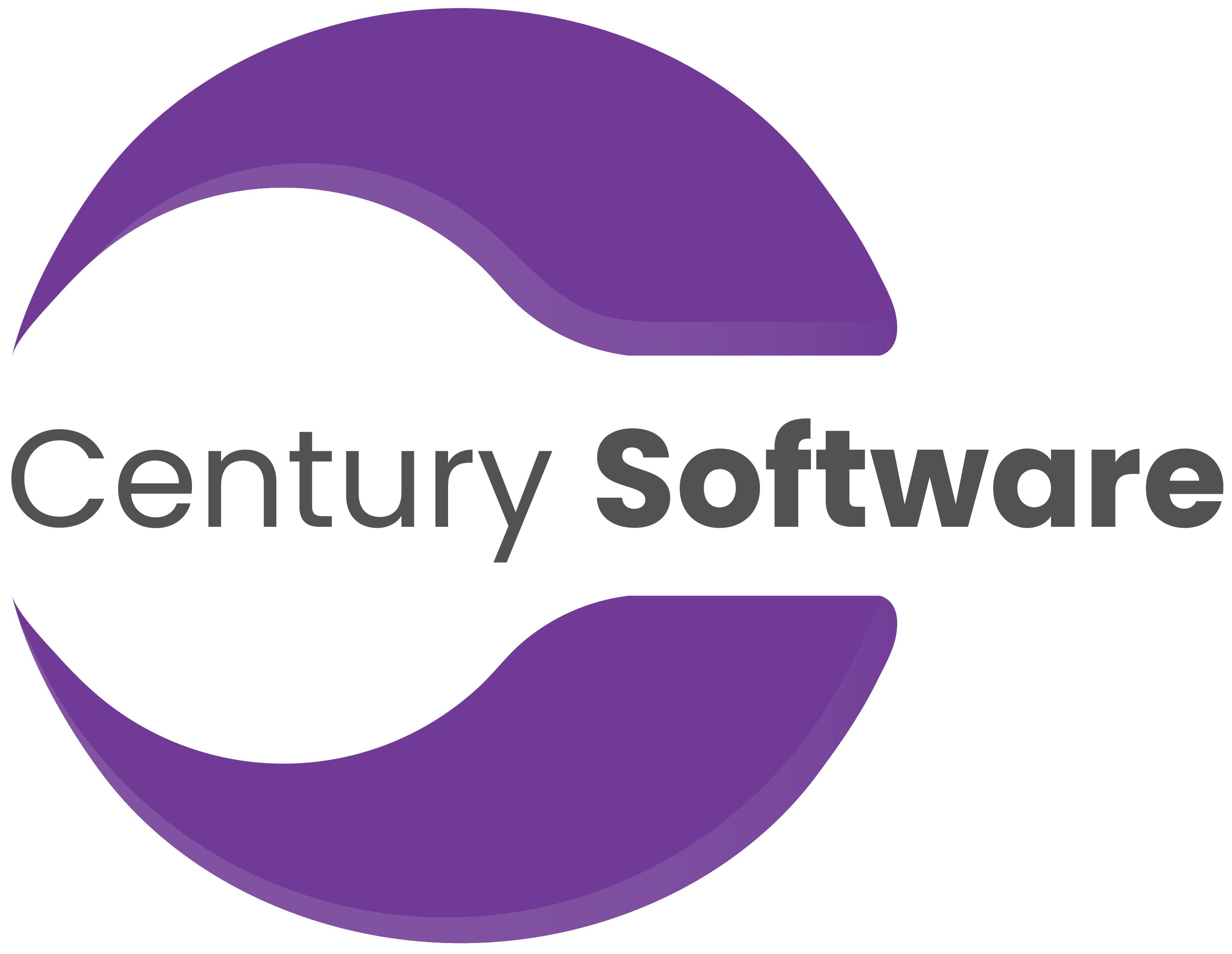HOW LOW-CODE PLATFORMS CAN BENEFIT MANUFACTURING INDUSTRIES

What hinders the manufacturing industry?
To stay relevant, Automation has become a vital part in the modern manufacturing industry. A domain which is defined by uncontrollable overhead costs, scrap and other cost drivers, the time is ripe for organizations to invest on technology and innovation to ensure operational efficiency and cost optimization.
There is a cost associated with labour, maintenance, inspection and administration and it is very hard to track down every aspect due to the dynamic nature of the industry.
To address such key cost drivers, Automation becomes paramount for industries to reduce sundries and stay profitable.
Most of the mangers come from an old school of thought and feel, automation is not easy to deliver, though they agree automation can help in a big way to achieve business operational excellence. Companies, need a change in the mindset to enter a world of development and data analytics.
Some of the challenges faced are:
1: Business process automation a.k.a BPM Automation is expensive and needs skilled programmers
2: Most of the operators are not well-versed with technology and find it hard to understand non-linear instructions
3: Manual intervention in data collection
These developmental challenges have refrained many organizations from attempting tech automation. However, with the advancement of technology, a low-code development platform has emerged which tends to simplify the complexities faced in application development
Low-Code: Making BPM Automation Easier for Everyone
Low-code development platform is a complete package everything which is a one-stop solution to deliver applications and expedite automation activities in a more consistent and cost-effective manner.
Low-code helps in rolling-out multiple disparate systems together into a single platform with simple user interface and facilitates in streamlining the data collection. This includes inventory data, stores, movables, labor data, time sheets and transportation costs. It is a complex maze of information, which is simplified by the low-code platform.
Low-code can help you reduce the development costs, as you don’t require traditional developers and long complex codes. Since it follows a drag-drop approach, a developer with minimal experience will still be able to execute the job. All low-code platforms are aimed at replacing legacy processes and substitute legacy developers.
A Better Way to Develop and Automate
The advantages of using a low-code platform in the manufacturing is immense. Since the platform has gained traction in recent years, many have shed their inhibitions and embraced the concept.
The benefits one can garner by a using low-code platform are:
1: Collaborating with operators and shop-floor cross functional teams during the application development process to deliver solutions based on the need.
2: Work with inventory to make a predictive data analytics platform, which can predict the demand and supply requests.
3: Work with engineering and program management in figuring out production schedules without any manual intervention.
4: Developing inspection analysis apps which should facilitate in eliminating scrap and raise red-flags if the manufacturing goes out control limits.
5: Improving operational efficiency in assisting the senior leadership teams in formulating strategies and give information on other non-value added cost drivers.
It supports an approach to BPM Automation that involves everyone. The development process is so simple and open that everyone can get involved and ensure that they have what they need from new developments. That is the foundation of truly enterprise-wide automation.
Why Low-Code Just Makes Sense for Manufacturers
Low-code development platform merges three important parameters given utmost importance by the manufacturing industry: speed, quality and cost. This drives overhead costs and controls operational efficiency.
The biggest fillip for the manufacturing industry, is the platform removes all technical barriers and works perfectly in a dynamic set-up.
Low-code platforms will serve as a boon to those factories which is trying to improve its efficiency, yield and maximise the profit margins. It will also assist them in digitalizing legacy processes to enable smarter operations.
If leaders have a vision to get a competitive advantage and stay relevant in today’s tech space, Low-code would be the way forward.
Are you looking to Transform your Manufacturing Processes?

